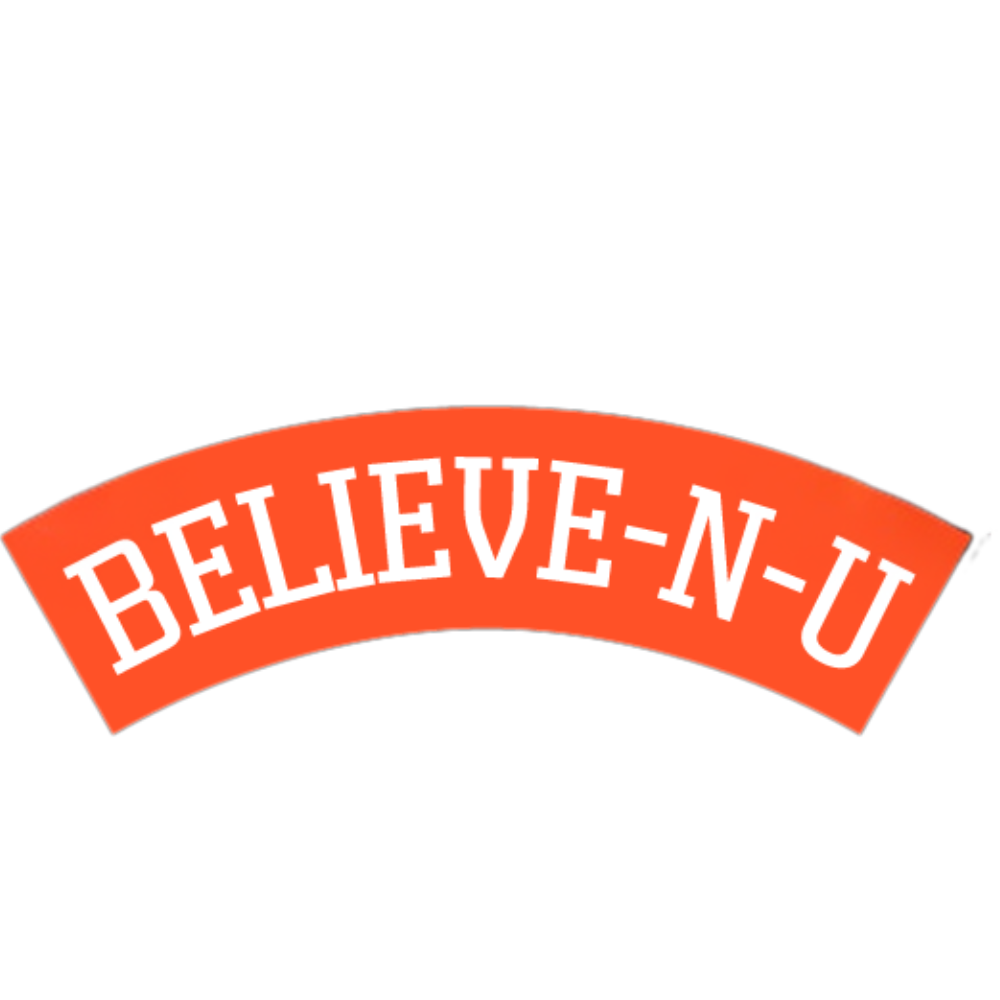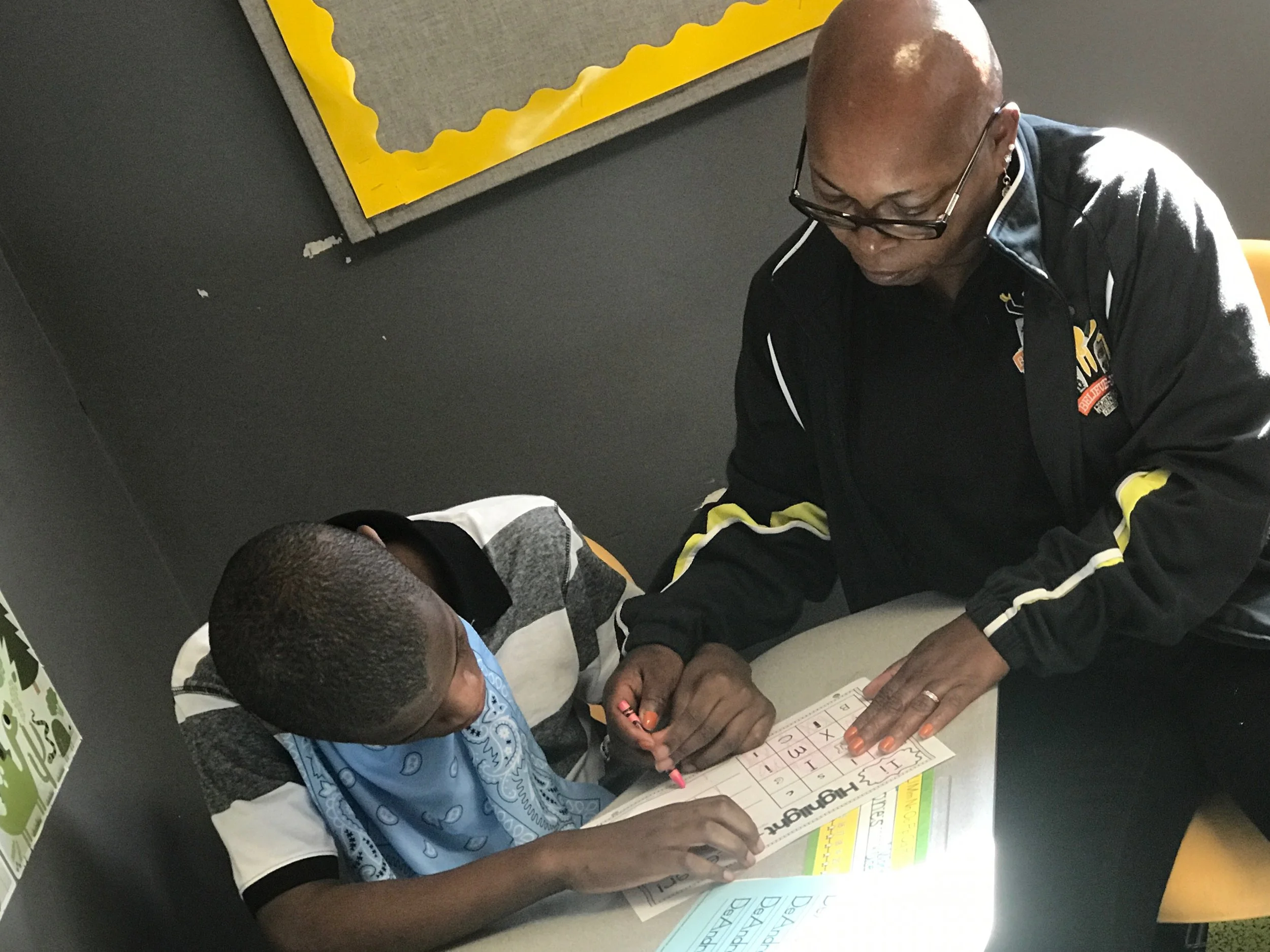Tutoring Services
Students who identify as visual learners prefer using images, pictures, colors, and maps to organize information and communicate with others. They can easily visualize objects, plans and outcomes in their mind's eye. This learning style is believed to be the most dominant learning style and many traditional classrooms are geared towards the visual learner. For their learning to make sense they need to be able to see, visualize and illustrate their knowledge skills and concepts. Academic Coaches use whiteboards, chalkboards and other visual aids to reinforce academic concepts and encourage students to do the same.
Aural/Verbal
Students who identify as aural and/or verbal learners utilize sound, music, written and spoken word to aid in their learning experience. These students learn through listening to what others have to say and talking about what they’re learning. Students typically can sing, play a musical instrument, or identify the sounds of different instruments, and/or find it easy to express themselves, both in writing and verbally. Academic Coaches assist students by creating mnemonics or acrostics, making the most of rhythm and rhyme, or setting them to a jingle or part of a favorite song. Students are also encouraged to utilize scripting, dramatic reading and role-playing.
Physical/Social
Students who identify as physical and/or social learners are more likely to use their body and sense of touch to learn about the world around them, often within social settings. These learners like to be actively involved in the learning process, and learn best through hands-on activities and movement in a group environment. Academic Coaches typically use games that involve other people, such as card games, board games, electronics and flashcards to reinforce academic concepts. Often, students who prefer this learning style can be misdiagnosed as ADHD or troublemakers because the more traditional visual or aural learning styles don’t work for them.
Logical/Solitary
Students who identify as logical and/or solitary learners like using their brain for logical and mathematical reasoning and are generally more private, introspective and independent. Students can recognize patterns easily, as well as connections between seemingly meaningless content. These learners also often prefer to learn alone using self-study and may dislike learning in groups. For these learners, Academic Coaches become a resource rather than an active instructor, providing the space that the student needs to comfortably complete their assignment.





